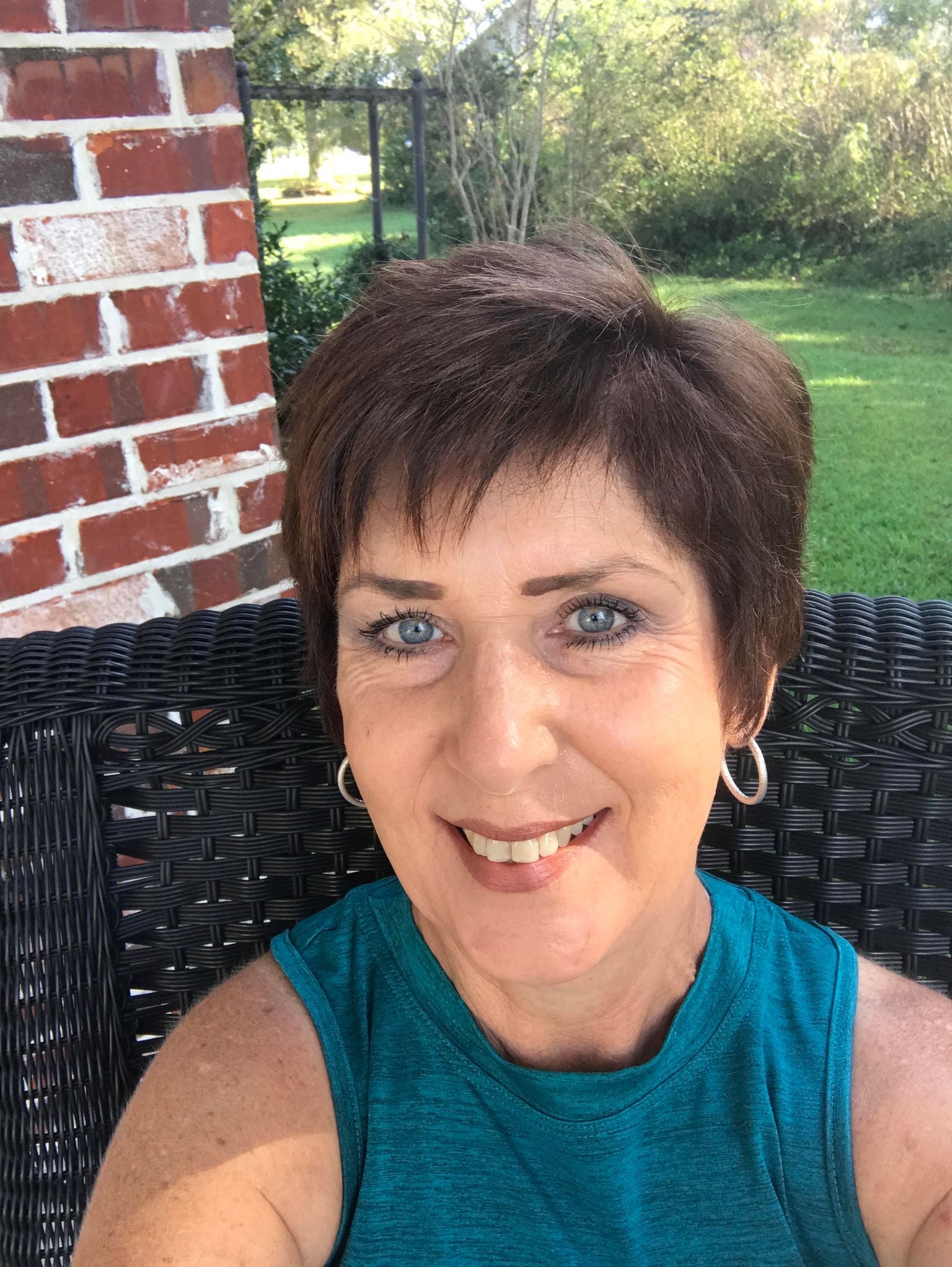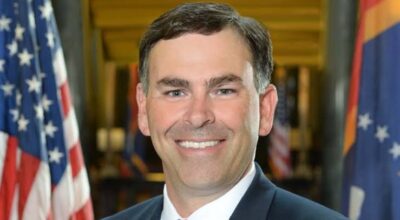EMA telephone alert powerful message tool 9/6/2013
Published 12:00 am Friday, September 6, 2013

By John Howell
“Do you know anything about a boil water alert for Como?”
The call came Wednesday morning. We did not know about the boil water alert, but a visit to the Mississippi State Department of Health’s (MSDH) web site immediately revealed that an alert had indeed been issued for Como water users the day before. Shortly afterwards, we found a MSDH fax that had arrived on the newspaper’s fax device at 5:13 p.m. Tuesday afternoon — after our front office workers had left and none of us were checking the fax machine.
A boil water alert had also been issued that same day for Crowder because of loss of pressure due to a water line break, I learned from the MSDH web site visit.
I called Panola County Emergency Management Director Daniel Cole. He said that he had received notice of the Crowder boil water alert but not about Como’s.
Cole had sent out notice of the Crowder boil water alert via the same telephone alert system that he uses to warn us about the approach of dangerous weather. As soon as I told him about the Como alert, he sent that notice out as well. My Como friend called a short time afterward to say that she had received the warning phone call.
Using the Office of Emergency Management’s mass telephone alert system to inform us of boil water alerts is an excellent idea because with this method of communication, the message is initiated by the agency. With every other means of communication — newspaper, radio, television or Internet — the consumer becomes informed of the alert only after tuning in, reading or signing on. By that time, we are sometimes likely to have already been consuming the suspect water for hours.
MSDH needs to lend urgency to getting out its message about boil-water alerts. Cole said that he usually gets the message from the Mississippi Emergency Management Agency (MEMA) which, presumably gets the message from MSDH. If the MSDH wants the public to take seriously its boil-water alerts, it should not be haphazard in the delivery of its warnings to water consumers.
Cole has come up with the most effective means of spreading the word in Panola County about boil-water notices and about other issues of public health and safety. But it can made more effective with our help.
When the communications system was implemented several years ago, all numbers with local prefixes serving the county’s land-line telephones were automatically included.
Not so with cell phone numbers. Users of cell phones need to contact the Panola Office of Emergency Management to be included in the automatic emergency warnings. Just call 563-6245 and make the request for your cell number to be included.
Information is powerful, and in this case the information massively communicated in an instant can protect health and lives in Panola County.





